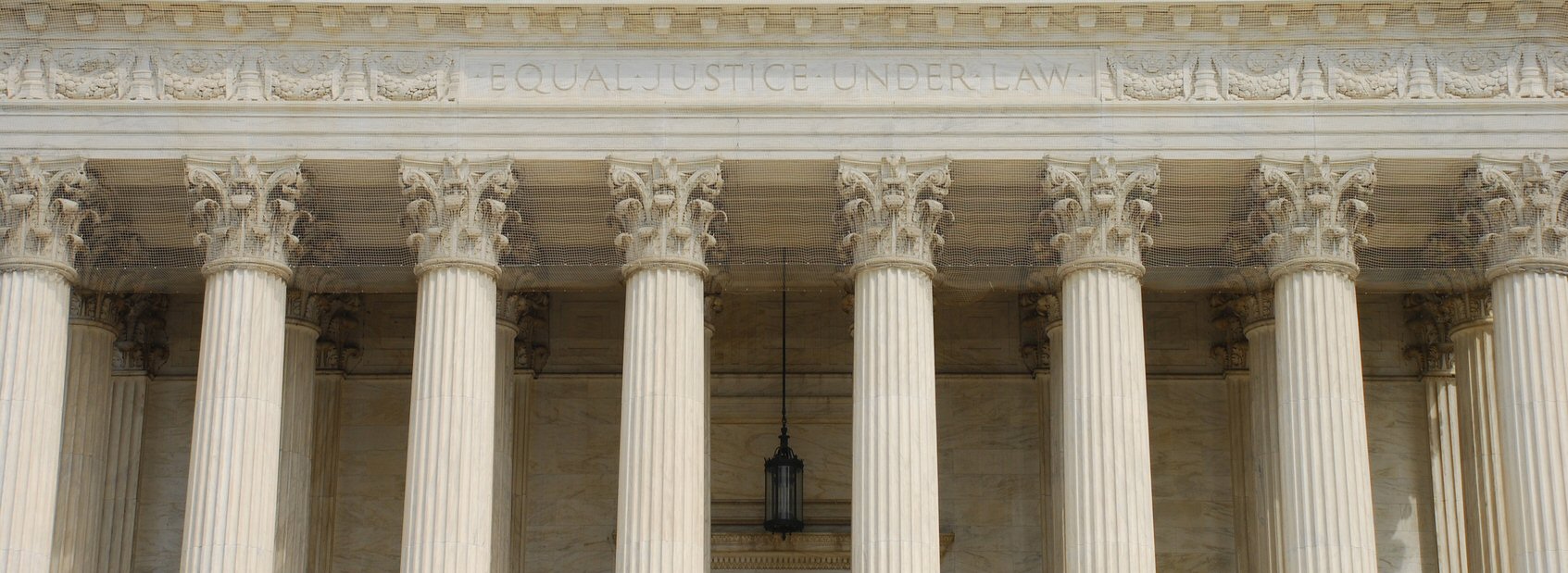Position Statement – 2013
A. 5424 / S.4046
Hydraulic Fracturing (HVHF)
Support
The Women’s Bar Association of the State of New York (WBASNY) supports the efforts in S.4046 and A.5424 to assure public health impacts are identified and assessed before the high volume hydraulic fracturing (HVHF) method of extracting natural gas from underground shale formations proceeds in New York State. In other areas where HVHF is being used, natural gas development has caused air pollution and contamination of surface water and groundwater. Studies are currently underway by the U.S. Environmental Protection Agency (USEPA) on potential impacts of HVHF on drinking water resources, by University of Pennsylvania researchers and other academic collaborators on HVHF’s health impacts, and by Geisinger Health Systems to analyze health records in areas of shale gas development for birth outcomes, asthma and other respiratory diseases, and accidents and injuries.
Children can be disproportionately affected by pollution because they drink more water and breathe more air relative to their size than adults do, their bodies are not fully developed, and their growing organs can be more easily harmed. Fetuses likewise can be adversely affected by pollution. The public health impacts of HVHF on these sensitive populations, as well as on the general public, must be understood before New York State regulators decide whether HVHF may be utilized in the state and under what conditions. WBASNY agrees with Governor Cuomo’s repeated statements that science should determine the outcome. WBASNY also agrees with the New York State Health Commissioner’s recent statement that the decision to permit HVHF involves complex questions about the impact of the process on public health, and the time to ensure the impacts on public health are properly considered is before a state permits drilling.
WBASNY urges the bills’ sponsors to work together so identical bills are passed in the Senate and Assembly. The bills both put HVHF on hold, but they do so through different restrictions and conditions. The Senate bill prohibits the New York State Department of Environmental Conservation (DEC) Commissioner from finalizing and publishing the in-progress revised Supplemental Generic Environmental Impact Statement (SGEIS) for 24 months or until the NYS Department of Health (DOH) Commissioner determines that relevant studies have been completed and have produced data sufficient for him to make a recommendation about the permitting of HVHF in the state. It is not clear what happens at the end of 24 months if there is no DOH Commissioner determination by then. The Senate bill further prohibits the DEC Commissioner from finalizing and publishing the revised SGEIS prior to completion of the USEPA and Geisinger studies. “Completion” is not defined—what if a study concludes by recommending further study? Moreover, the bill does not state clearly that this prohibition is completely independent of, and in addition to, the 24 month/DOH Commissioner determination prohibition.
The Assembly bill, which was passed on March 6, 2013, suspends the issuance of permits for the drilling of natural gas wells in pools such as the Marcellus and Utica shale formations until a school of public health within the SUNY system conducts a health impact assessment on potential public health impacts that could be caused by horizontal drilling and HVHF. The bill provides opportunities for public review and comment of the assessment’s scope and of the draft assessment before it is finalized. The assessment must be completed by April 15, 2015. This is a cleaner approach, in that there is a clear end date for the temporary suspension of permits. WBASNY urges the two bills’ sponsors to work together so identical bills are passed in the two chambers as quickly as possible.

